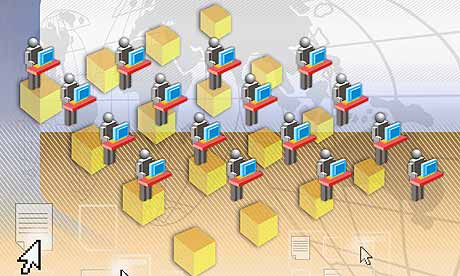 The bones of the primitive bird Archaeopteryx had flattened and parallel bone cells, one of the signs that this bird grew slowly, more like non-avian dinosaurs, researchers report in the journal PLoS ONE. Credit: Gregory Erickson.
The bones of the primitive bird Archaeopteryx had flattened and parallel bone cells, one of the signs that this bird grew slowly, more like non-avian dinosaurs, researchers report in the journal PLoS ONE. Credit: Gregory Erickson.From Live Science:
A feathered beast that lived some 150 million years ago and which is considered the first bird likely grew more like its sluggish ancestors, the dinosaurs.
That's according to new analyses of tiny bone chips taken from Archaeopteryx and detailed this week in the journal PLoS ONE. The study researchers estimate a 970-day period from baby Archaeopteryx to an adult. For comparison, birds reach adult size in a matter of weeks.
Read more ....

















